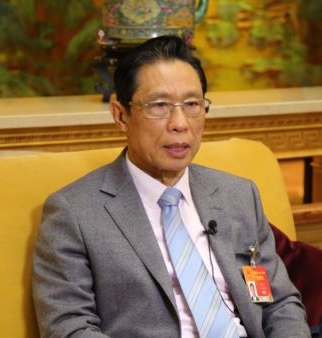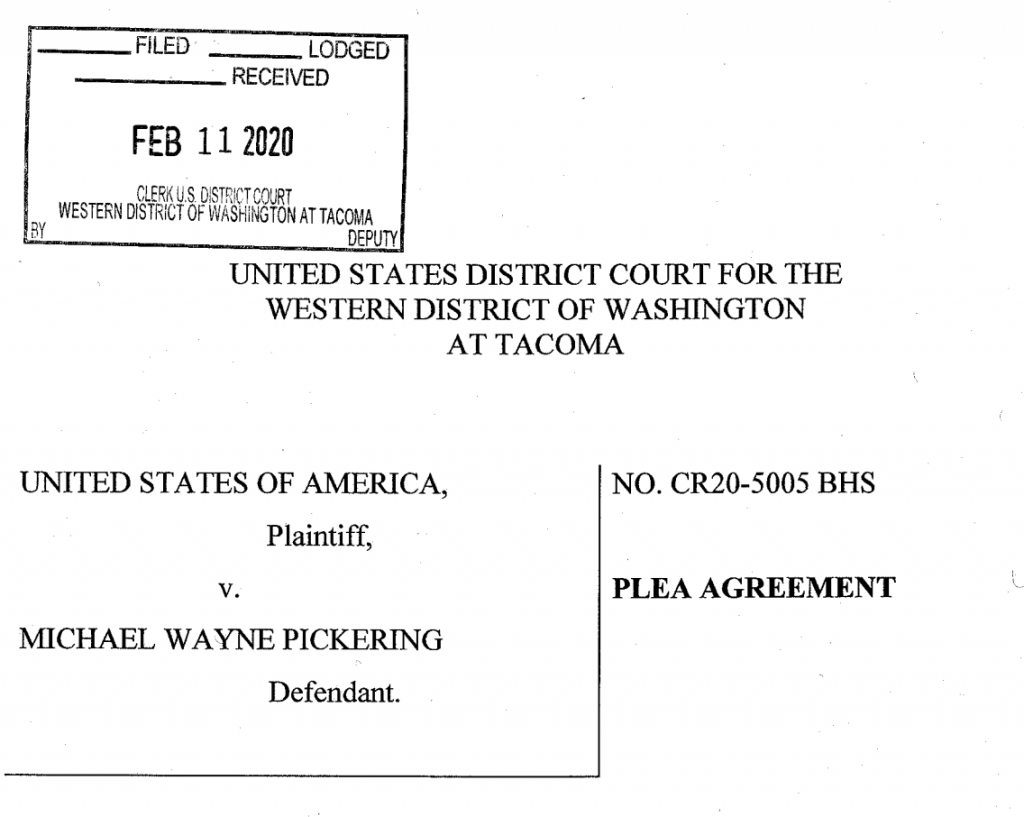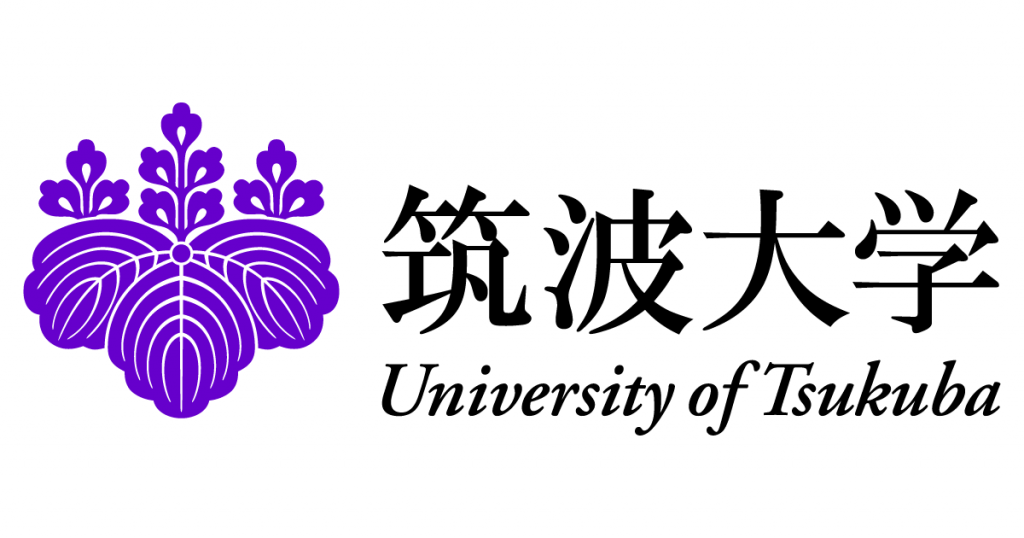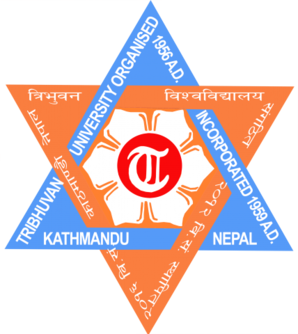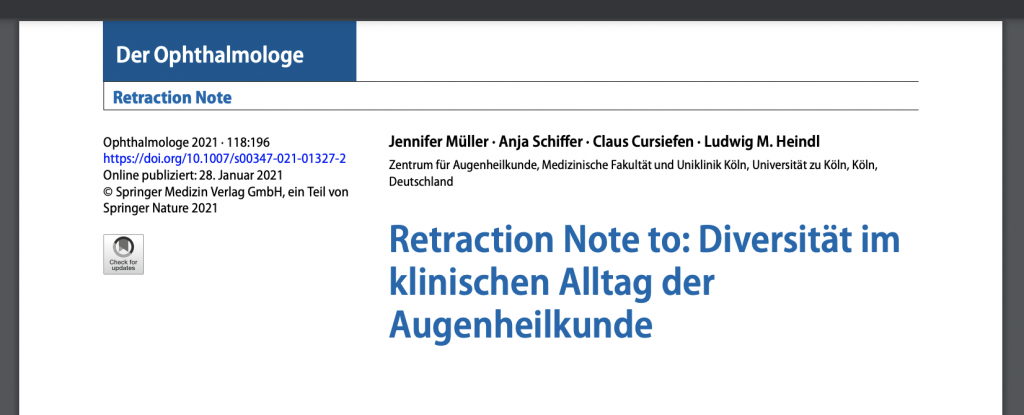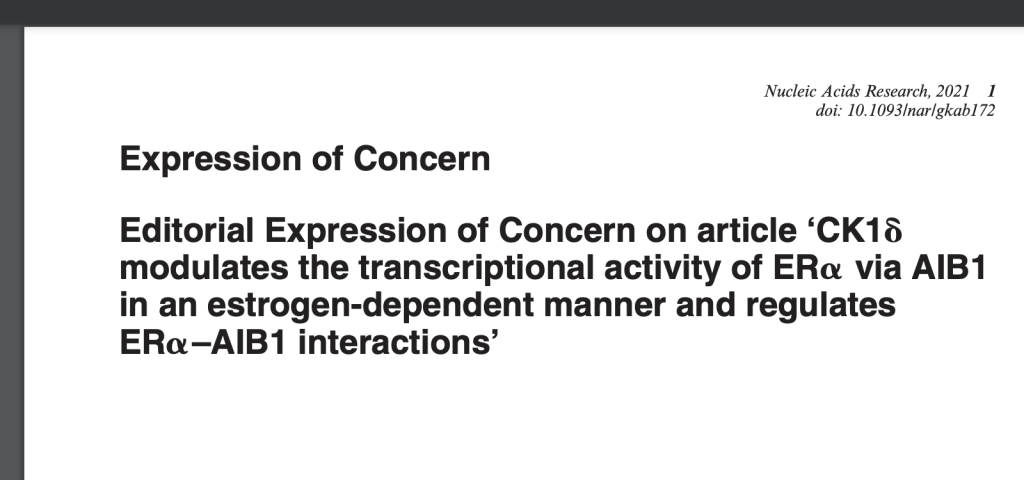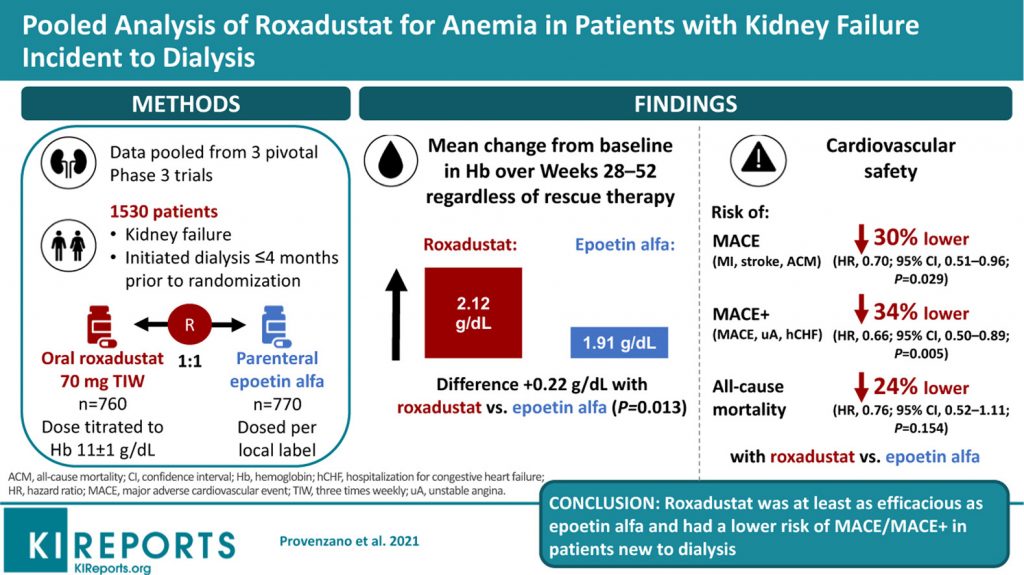
A study that a pharmaceutical company admitted last month included manipulated data will be retracted, Retraction Watch has learned.
The paper, “Pooled Analysis of Roxadustat for Anemia in Patients With Kidney Failure Incident to Dialysis,” was published in Kidney International Reports in December 2020. The study analyzed data from a clinical trial for roxadustat, a drug intended to help anemic patients make more red blood cells. The medicine was tested in more than 1,500 patients with kidney failure that had been on dialysis for less than four months.
The paper compared roxadustat to a standard treatment, epoetin alfa. Epoetin alfa is not given to anemic patients who have kidney disease and are not dependent on dialysis, according to reporting in April by FiercePharma, because it can increase the risk of a cardiovascular event, including heart attacks.
In the study, roxadustat was as effective as epoetin alfa for these patients, but carried a 30 percent lower risk for death, heart attacks or strokes.
Then, on April 6th, Fibrogen announced, according to FiercePharma, that researchers had
Continue reading Clinical trial paper that made anemia drug look safer than it is will be retracted